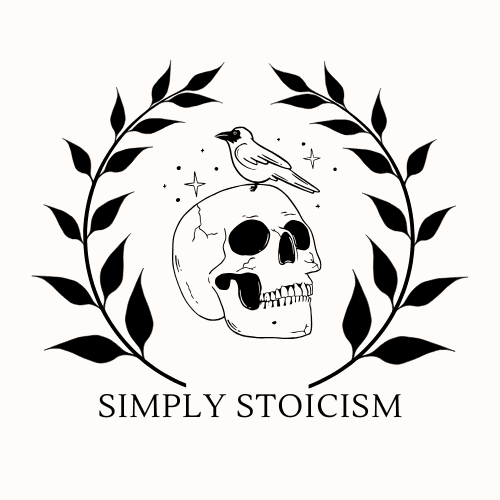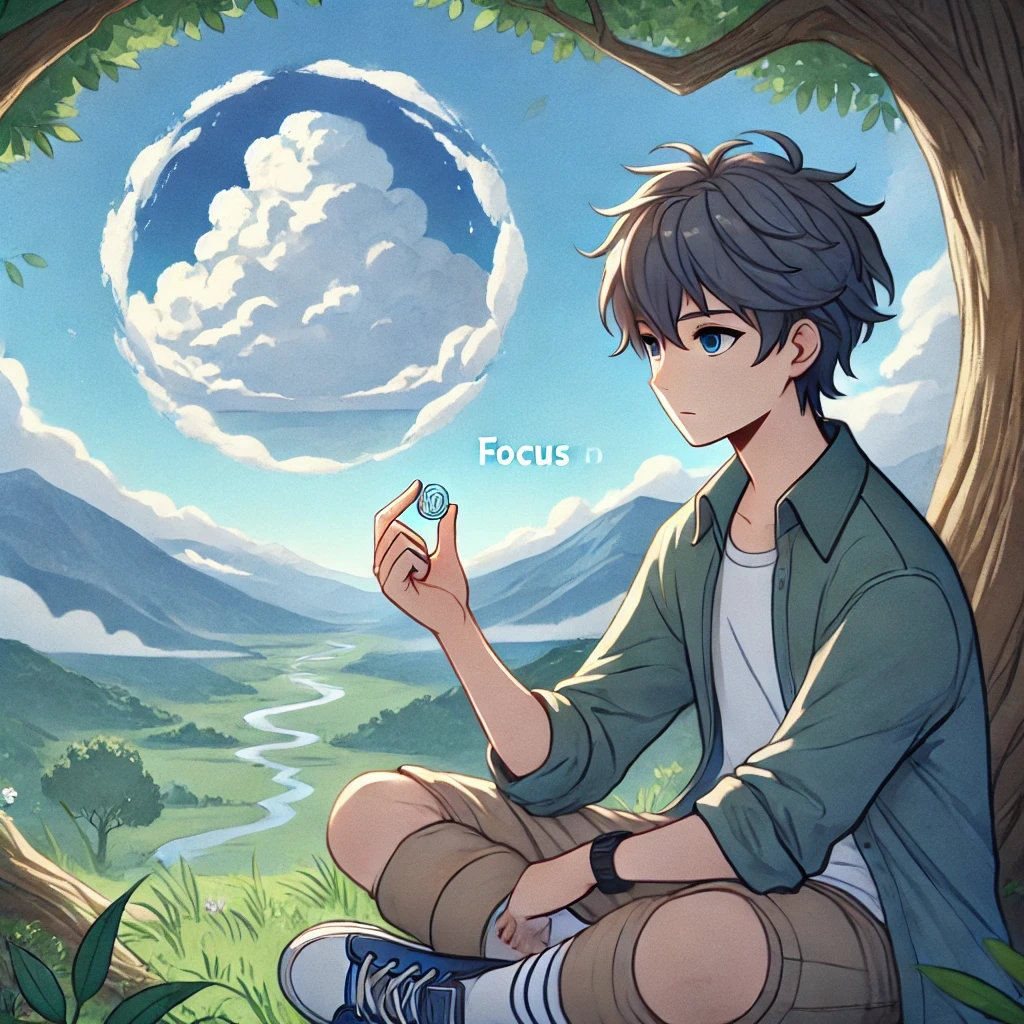Getting Started Series Week 4: Your Stoic Starter Kit
A practical guide to implementing Stoic habits in daily life, featuring essential morning and evening routines, plus an "Emergency Toolkit" for handling stress and anxiety, illustrated with real-world examples including James Stockdale's POW survival story.

Jon High
·
Nov 15, 2024
🔄 The Quick Rewind
We've covered the big three: controlling what you can, mastering your interpretations, and using mortality as motivation. Now comes the part that actually matters - turning all this philosophical gold into daily habits that stick.
💡 The Big Stoic Truth Bomb of the Week
Look, we both know what usually happens to self-improvement plans. They live gloriously for about three days, then die quietly between your yoga mat and that juicer you never use. (Speaking of which, anyone want to buy a slightly used juicer?)
The Stoics knew this too. That's why they didn't rely on motivation - they built systems. As Epictetus put it:
"Every day and night keep thoughts like these at hand - write them, read them aloud, talk about them."
Think of Stoicism less like a philosophy and more like a mental gym membership. Just like your abs, your resilience gets stronger through regular exercise. The key? Starting small and staying consistent.
The ancient Stoics had a simple daily routine: Morning preparation, evening review, and specific practices for when life hits the fan. No incense required, no meditation retreats needed (though if that's your thing, cool).
🎯 Your Practical Stoic Toolkit
The Minimalist Morning Routine (2 minutes, tops)
What could go wrong today? (Mentally prepare)
Traffic might suck
That difficult client might be difficult
Karen might Karen
What's actually in my control? (Focus your energy)
My reactions
My preparation
My responses
What's one value I want to practice? (Set intention)
Patience
Courage
Kindness
Resilience
The Quick Evening Review (2 minutes)
What went well today?
Small wins count
Include things you avoided (like not losing your cool)
What could I have done better?
No self-flagellation - just honest observation
Focus on what you control
What did I learn?
Every day has a lesson
Even if the lesson is "don't do that again"
Your Emergency Stoic Toolkit (For When Life Gets Real)
When You're Stressed
Draw your circles of control
List what's inside/outside
Focus only on the inner circle
When You're Angry
Use the time-travel test: "Will this matter in...?"
A week?
A month?
A year?
Wait 24 hours before responding if possible
When You're Anxious
Do the worst-case scenario exercise:
What's the actual worst that could happen?
How would you handle it?
What's most likely to happen?
When You're Overwhelmed
Break it down:
What's the next smallest action?
What's in my control right now?
What can wait?
🛠️ Making It Stick (The Part Most People Skip)
The Two-Minute Rule
Start with just two minutes
No heroic efforts required
Build consistency before intensity
The Trigger System
Link practices to things you already do:
Morning review with first coffee
Evening review with brushing teeth
Stress tools with opening email
The Minimum Viable Practice
For each tool, define your "never miss" version:
Can't do full morning routine? Just ask "What's in my control?"
No time for evening review? Just one good thing and one lesson
Stressed? Just draw the circle
📖 Story Time: Philosophy as Survival
James Stockdale was a fighter pilot who spent seven years as a prisoner of war in Vietnam. His secret weapon? The Stoicism he'd studied at Stanford.
When asked how he survived when many others didn't, he said: "I never lost faith in the end of the story. I never doubted not only that I would get out, but also that I would prevail in turning this experience into the defining event of my life."
He used every Stoic tool we've covered:
Focusing on what he could control (his responses)
Managing his interpretations (finding meaning in suffering)
Accepting mortality (using it for courage)
Maintaining daily practices (keeping his mind sharp)
He turned philosophy into survival skills. If it worked in a POW camp, it can probably handle your Monday meetings.
Common Obstacles (And How to Handle Them)
"I forget to do it"
Set phone reminders
Link to existing habits
Put sticky notes where you'll see them
"I don't have time"
Start with 2 minutes
Do it while doing something else
Remember: consistency > intensity
"It's not working fast enough"
This is training, not magic
Look for small wins
Trust the compound effect
🤔 The Big Takeaway
Stoicism isn't about becoming an emotionless robot or a philosophical know-it-all. It's about building mental strength through daily practice. Start small, stay consistent, trust the process.
Think of it like compound interest for your mind. Small deposits, made regularly, grow into something significant.
Your Final Challenge
Pick ONE practice from this series. Just one. Do it daily for the next week. That's it. No extra credit, no gold stars. Just one practice, done consistently.
Some suggestions:
Morning preparation (2 minutes)
Evening review (2 minutes)
Circle of control exercise when stressed
Time-travel test when angry
Negative visualization once per day
Questions to Ponder
A year from now, what will you wish you had started today?
What's the smallest version of these practices you could do every day?
Which tool would help most with your current challenges?
What's Next?
This is the end of our Getting Started series, but it's just the beginning of your practice. Remember:
Philosophy is only useful if you actually use it
Start small
Be consistent
Trust the process
Watch how these ancient tools transform your modern life
Want to go deeper? Reply with your biggest takeaway from the series - I read every response.
Remember: The goal isn't to become perfect. The goal is to get a little bit better at handling life's chaos, one day at a time.
PS: If you're thinking "This all sounds great but I'll never stick to it" - that's exactly why you should start with just one tiny practice. Rome wasn't built in a day, and your Stoic practice won't be either. But it will be built, one small habit at a time.



